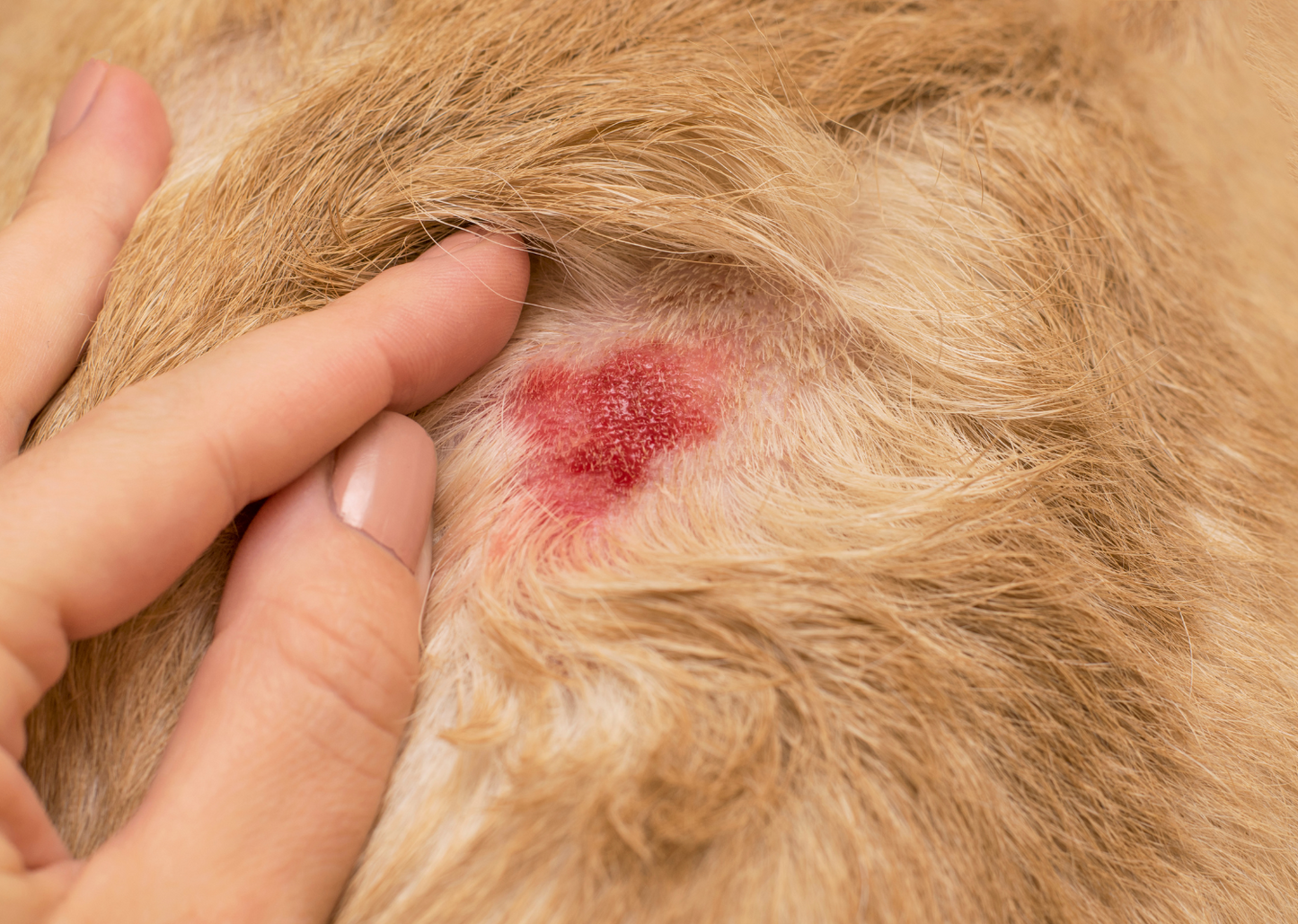BVA Live 2024
Just a flesh wound - or is it?
Just a flesh wound - or is it?
Couldn't load pickup availability
Surgery
Wounds are a very common problem in veterinary practice, with some being straightforward and others quite complex and challenging to manage. Wounds can be the result of a surgical procedure, trauma, they may be iatrogenic or even the result of an underlying disease like cancer. Managing a wound can be complicated by the presence of infection, and increasingly we have to be aware of the possibility of antimicrobial resistant infections.
Wound management may be geared towards achieving primary closure (first intention healing); delayed primary closure; healing by contraction and epithelialisation (second intention healing); or healing by secondary closure (third intention healing)
For any given wound there may be more than one suitable option. The best choice is dictated primarily by wound size, location and condition, but other factors may also come into play, such as client finances. It's important therefore as clinicians that we understand the principles behind wound management, in order to provide patient-appropriate contextualised care - there will often be more than one way of achieving your goal. It's also equally important to understand what to avoid, or what mistakes could delay healing. This lecture will use cases to illustrate the key principles of wound healing and how to make the best decisions for your patient and your client.
- 1. In managing wounds, building the ability to identify potential problems and barriers to healing is an important skill.
- 2. There are a lot of wound dressing and topical wound therapies available now, so understanding what wound treatment will give the effect you need is crucial.
- 3. Wounds change in response to your treatment, so the plan that looks right on day 1 might look wrong 10 days later - keep an open mind about what you are doing
- 4. Some wounds will never resolve without surgery, so it's important to be able to recognise when open wound management is no longer working, or where it isn't appropriate.
Chairperson - John Beel, Clinical Services Director - Medivet
Speaker - Kathryn Pratschke, Senior Lecturer in Small Tissue Surgery - The University of Edinburgh
Clinical Theatre 1
Thursday, 7 June, 10:05-10:55
Presented at BVA Live 2024
Please note this session is not RACE-approved but you can still earn a CPD certificate
Share


